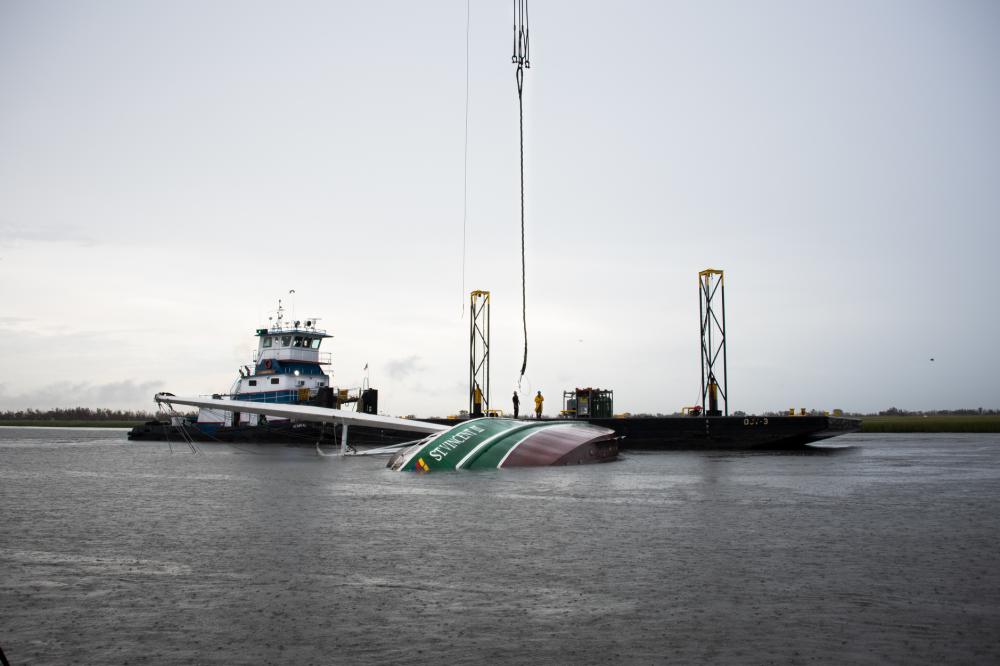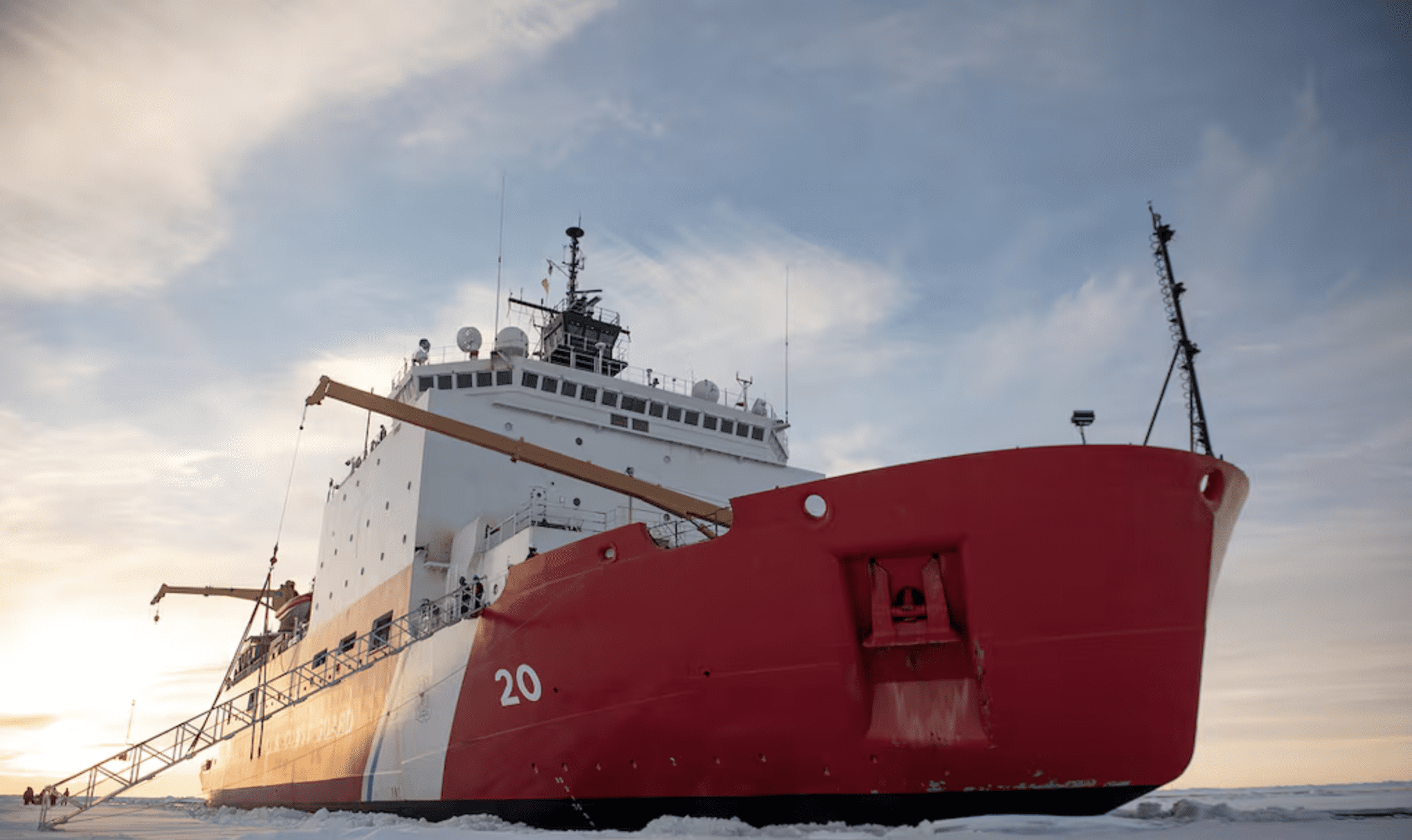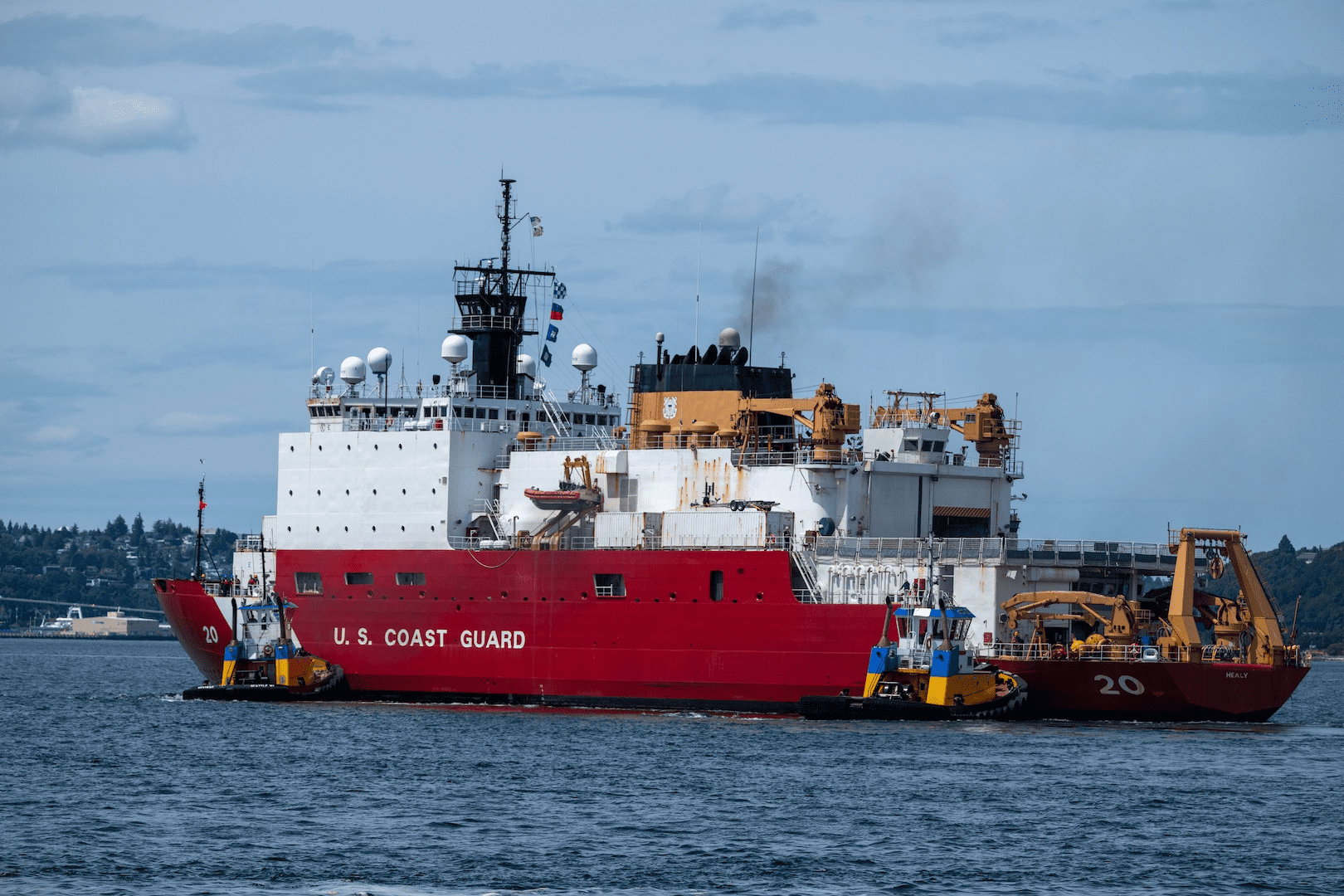NEW ORLEANS — The Coast Guard continues to respond to impacts to the waterways and assess the environmental threats across Southeast Louisiana Saturday, post-Hurricane Ida.
In partnership with the U.S. Army Corps of Engineers and the Navy Supervisor of Salvage and Diving (SUPSALV), the Coast Guard is continuing efforts to re-open waterways impacted by Hurricane Ida in the areas of Bayou Lafourche, Houma Navigation Canal, and portions of the Gulf Intracoastal Waterway.
Obstructions to the affected waterways are being identified and removed to restore the area to pre-storm conditions.
To date, 85 obstructions, comprised primarily of fishing vessels, crew vessels, houseboats, and offshore supply vessels, have been identified in the Bayou Lafourche channel. As of Sept. 19, the U.S. Army Corps of Engineers deemed all obstructions on the Houma Navigation Canal to be removed. The U.S. Coast Guard continues to coordinate operations with the U.S. Army Corps to identify and remove waterway obstructions throughout the region.
Bayou Lafourche and Port Fourchon
Bayou Lafourche is closed north of Leeville. U.S. Coast Guard crews from the Hurricane Ida Incident Command Post Houma and U.S. Coast Guard Salvage Emergency Response Team are coordinating with U.S. Army Corps of Engineers, U.S. Navy Supervisor of Salvage (SUPSALV), and the Port Director of Port Fourchon to assess sunken and damaged vessels and other waterway obstructions prior to commencing salvage and removal operations.
Conducting these efforts will help to protect the environment from oil and hazardous material threats, reopen the waterways, and increase the flow of commerce to the region.
Houma Navigation Canal
The Houma Navigation Canal is fully open without restrictions. The Terrebonne Parish Levee and Conservation District completed repairs to the Bubba Dove floodgate and width restrictions at the floodgate have been lifted.
Gulf Intracoastal Waterway
The Coast Guard is working with U.S. Army Corps of Engineers to mitigate severe shoaling and obstructions in the Gulf Intracoastal Waterway, a vital commerce link for barge traffic for the entire Gulf Coast. The Gulf Intracoastal Waterway is closed from mile marker 18-20 due to shoaling, and from mile marker 21-33 as the U.S. Army Corps of Engineers will be conducting dredging operations. The Port Allen alternate route is open for marine traffic.
Local Waterways
As a result of Hurricane Ida, many local waterways are still obstructed by debris and potential sunken hazards. The U.S. Coast Guard is continuing to assess local waterways for obstructions and severe shoaling, resulting in some narrowed channels, and that are critical for local commercial fishing industry. All mariners must continue to check in with VTS Berwick Bay at mile marker 110 on the Atchafalaya River.
Aids to Navigation Restoration
As of 5 p.m. Friday:
- 14 Coast Guard units, comprised of Coast Guard cutter crews and Aids to Navigation Teams, are restoring damaged or destroyed navigational aids in heavily-impacted waterways as a result of Hurricane Ida.
- Of the 408 damaged or offline aids to navigation, 366 aids to navigation have been fully restored or have temporary corrections, which is nearly 90% of those identified.
Barataria Bay Waterway
As of 5 p.m. Friday:
- Aids to Navigation Teams from Morgan City and Dulac are restoring aids that are damaged or offline in the Grand Isle/Barataria Bay region as a result of Hurricane Ida.
- 68 of the 86 navigational aids were damaged or destroyed in the Barataria Waterway, Barataria Channel, and Bayou Rigaud, which is 79% of all navigational signals in these waterways.
- Nearly 89% of aids to navigation in these waterways have been temporarily or permanently corrected.
Pollution Response
To date, the Coast Guard has currently assessed 2,495 reports of pollution. Of the 2,495 reports, there are:
- 2,477 reports that have been closed or transferred to appropriate jurisdictions,
- 317 reports where the reports were unverified as there was no remaining evidence of pollution on-site,
- 312 reports where the Coast Guard is actively supervising the mitigation efforts that are being carried out by responsible parties,
- 18 reports are under investigation by the Coast Guard.
These numbers will change as the environmental response teams continue to assess and reprioritize targets. Anyone who sees pollution is encouraged to contact the NRC at 1-800-424-8802.
Those who have uncompensated removal costs or damages resulting from an oil spill to the navigable waters or the threat of an oil spill to the navigable waters may be entitled to compensation from the Oil Spill Liability Trust Fund. Please contact 1-800-280-7118 to see if you are eligible for a claim.
Port conditions change based on weather forecasts, and current port conditions can be viewed on the following Coast Guard homeport webpages:

 Join The Club
Join The Club











